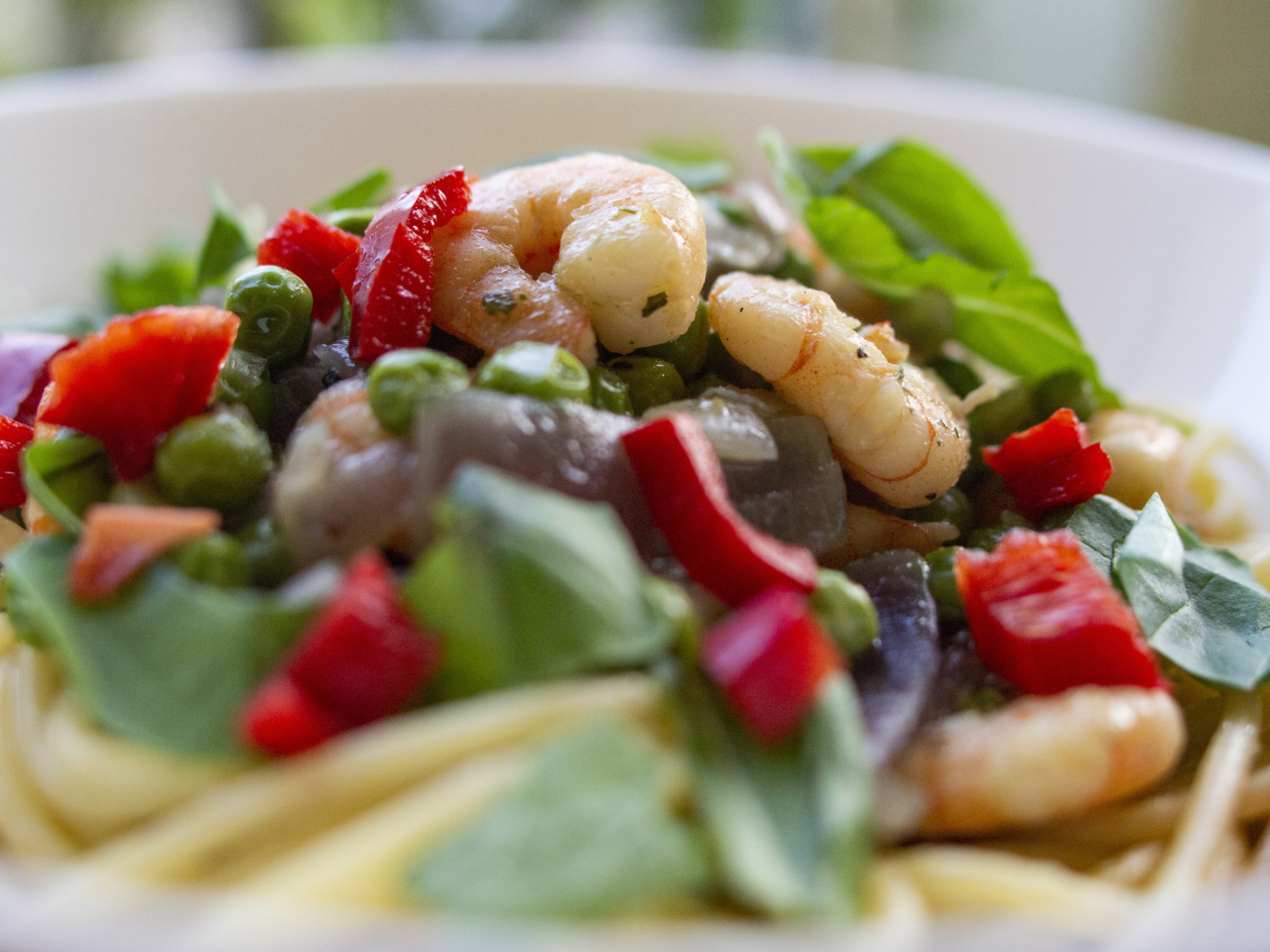Shrimp is not only delicious but also a highly nutritious seafood option, packed with proteins that are essential for our body. Whether you enjoy them grilled, boiled, or as a part of your favorite seafood dish, shrimp offers numerous health benefits.
In this article, we will explore the nutritional value of shrimp, its health benefits, and some delicious recipes to incorporate shrimp into your diet.
Nutritional Value
Shrimp is a nutrient powerhouse, providing an array of essential nutrients needed for optimal health. Here is a breakdown of the nutritional value of shrimp:.
- Protein: Shrimp is an excellent source of high-quality protein, containing all the essential amino acids required by the body.
- Vitamins: Shrimp is rich in various vitamins including vitamin D, vitamin B12, vitamin B6, and vitamin E.
- Minerals: Shrimp contains valuable minerals such as selenium, copper, zinc, and iron.
- Omega-3 Fatty Acids: Shrimp is a good source of omega-3 fatty acids, which are beneficial for heart health and brain function.
Health Benefits
Including shrimp in your diet can offer several health benefits:.
1. High Protein Content
Shrimp is an excellent source of protein, making it a great option for those looking to increase their protein intake. Protein is essential for building and repairing tissues, supporting muscle growth, and promoting healthy skin, hair, and nails.
2. Heart Health
Shrimp contains omega-3 fatty acids, which are known for their heart-protective benefits. Omega-3 fatty acids can help lower cholesterol levels, reduce inflammation, and decrease the risk of heart disease.
3. Weight Management
Due to its high protein content and low calorie count, shrimp can be a valuable addition to a weight loss or weight management diet. Protein keeps you feeling full for longer, reducing cravings and promoting satiety.
4. Bone Health
Shrimp is an excellent source of minerals like calcium, zinc, and magnesium, which are crucial for maintaining strong and healthy bones. These minerals play a vital role in bone development and preventing conditions like osteoporosis.
5. Brain Health
The omega-3 fatty acids found in shrimp are essential for optimal brain function and development. They support cognitive function, memory, and overall brain health.
6. Boosts Immunity
Shrimp contains various antioxidants and minerals that strengthen the immune system. Selenium, in particular, helps the body produce antioxidants that combat harmful free radicals and protect cells from damage.
Delicious Shrimp Recipes
1. Grilled Garlic Shrimp Skewers
Ingredients:.
- 1 pound of shrimp, peeled and deveined
- 3 cloves of garlic, minced
- 2 tablespoons of olive oil
- 1 tablespoon of lemon juice
- Salt and pepper to taste
Instructions:.
- In a bowl, mix together minced garlic, olive oil, lemon juice, salt, and pepper.
- Add the shrimp to the marinade and let it sit for 20 minutes.
- Preheat the grill to medium-high heat.
- Thread the shrimp onto skewers and grill for 2-3 minutes on each side until cooked through.
- Serve hot with a squeeze of lemon juice.
2. Shrimp Scampi Pasta
Ingredients:.
- 8 ounces of linguine pasta
- 1 pound of shrimp, peeled and deveined
- 4 cloves of garlic, minced
- 4 tablespoons of butter
- ¼ cup of white wine
- ½ cup of chicken broth
- 2 tablespoons of freshly chopped parsley
- Salt and pepper to taste
Instructions:.
- Cook linguine pasta according to package instructions, then drain and set aside.
- In a large skillet, melt butter over medium heat. Add minced garlic and sauté until fragrant.
- Add the shrimp to the skillet, seasoned with salt and pepper, and cook until pink and opaque.
- Remove the shrimp from the skillet and set aside.
- Add white wine and chicken broth to the skillet, simmering until the sauce reduces slightly.
- Return the shrimp to the skillet along with the cooked linguine pasta. Toss everything together to coat in the sauce.
- Serve hot, garnished with freshly chopped parsley.
Conclusion
Shrimp is a protein-packed seafood option that offers a wide range of health benefits. It is an excellent source of high-quality protein, vitamins, minerals, and omega-3 fatty acids.
Incorporating shrimp into your diet can help support heart health, weight management, bone health, brain function, and immunity. With its delicious taste and versatility, shrimp can be enjoyed in various recipes. So go ahead and savor this delectable seafood while reaping its nutritional rewards!.





























